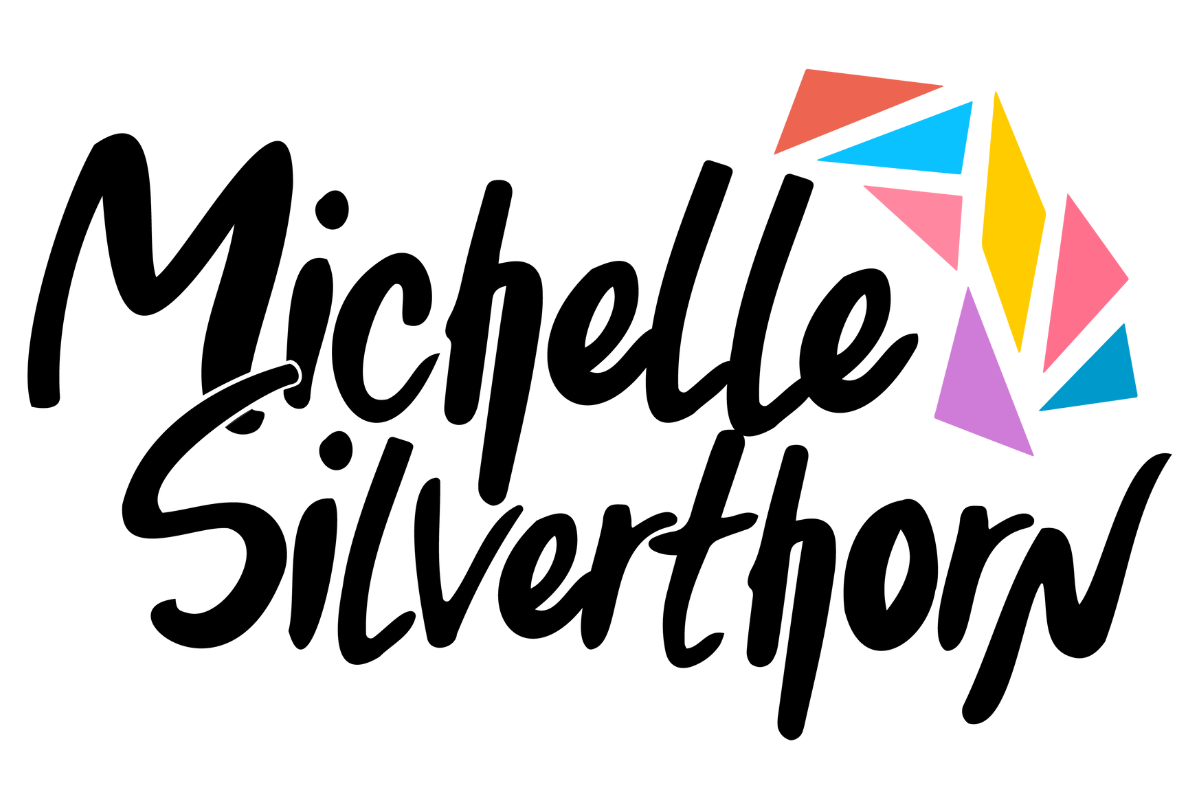Understanding Intersectionality
“There is no such thing as a single-issue struggle because we do not live single-issue lives.” -- Audre Lorde
Why Intersectionality Matters in the Workplace
As we continue to sift through the results of the U.S. election, I'm reminded once again of the urgency of intersectionality. Urgency is what Kimberlé Crenshaw calls intersectionality in her TED talk. At the start of her talk, she does an exercise with her audience. She asks them, "You remember the names of the Black men who died at the hands of the police. But do you remember the names of the Black women as well? Why are their names not shouted as loudly?"
In one of the first calls I ever did as a speaker, a potential client was planning breakout sessions. One was for the women's employee resource group. A second was for the Black employee resource group. A third was for the LGBTQ+ employee resource group. All three were happening at the exact same time. I don't recall exactly what I said but it was along these lines: "Please don't make people choose which identity matters the most to them. They all matter, and they all affect our lives."
According to the "Oxford English Dictionary," intersectionality is "the interconnected nature of social categorizations such as race, class, and gender, regarded as creating overlapping and interdependent systems of discrimination or disadvantage." That’s a lot of words. What do they mean? They mean that the varied identities that we have, the many of them, converge and intersect, and when they do, they can increase the oppression I experience and the individual and social discrimination I experience. And they can also be ignored by even the most "well-meaning" of allies.
That's why I love that quote from Audre Lorde. Audre Lorde experienced the world as a woman, a Black person, an American, a lesbian woman, a mother, a Black lesbian woman, a lesbian American, and much more. Each of those experiences, while connected, is very different. The struggle to have your identities equally recognized is not a single-issue struggle because, as Audre Lorde put it, we do not live single-issue lives. And none of us should have to leave those lives outside the door.
As you continue in your work of allyship, always ask yourself: "Am I putting on an intersectional lens?" Am I willing to see the world in its complexity, or is it easier to see people as single issues living single-issue lives? I suspect if you're a reader of my newsletter, you want to see the intersections. Keep challenging your assumptions. What are the experiences of neurodiverse Gen Xers, LGBTQ+ veterans, Jewish students, single dads, childfree women, Black immigrants - first gen and beyond? So many intersections, so many stories to learn.
Remember those intersections. Because intersectionality is about those who are forgotten at those intersections. The ones who live right there, who are overlooked, whose concerns are diminished, because they don't fit into an easily understood narrative.
Don't ignore intersectionality. Because intersectionality is how we make real diversity, authentic diversity, matter for good.
Do the work
This week, I commit to educating myself on intersectionality, understanding the unique identities that make me who I am, and using my privileges to stand up for and be an ally to my colleagues from vulnerable communities.
Spread the Word
If You Want to Keep Going
How to Make Intersectionality Matter at Work
How do we move our organizations away from melting pots that melt away identities toward mosaics that celebrate them instead? By recognizing how our multiple identities intersect, overlap, oppress, and amplify each other across ages, genders, races, religions, among many others. The work to build a space that includes space for all of us lies at the heart of this intersectional discussion on allyship and inclusion.
Join me to take a deep dive into intersectionality. I’ll teach you my ten trademark rules for applying an intersectional lens to equity, allyship, interrupting bias, and inclusive leadership. Using data, stories, and my own lived experiences, I will work with you to understand how intersectionality shapes outcomes inside and outside the workplace, and what each of us can do to make sure every piece of our mosaic thrives together here.


